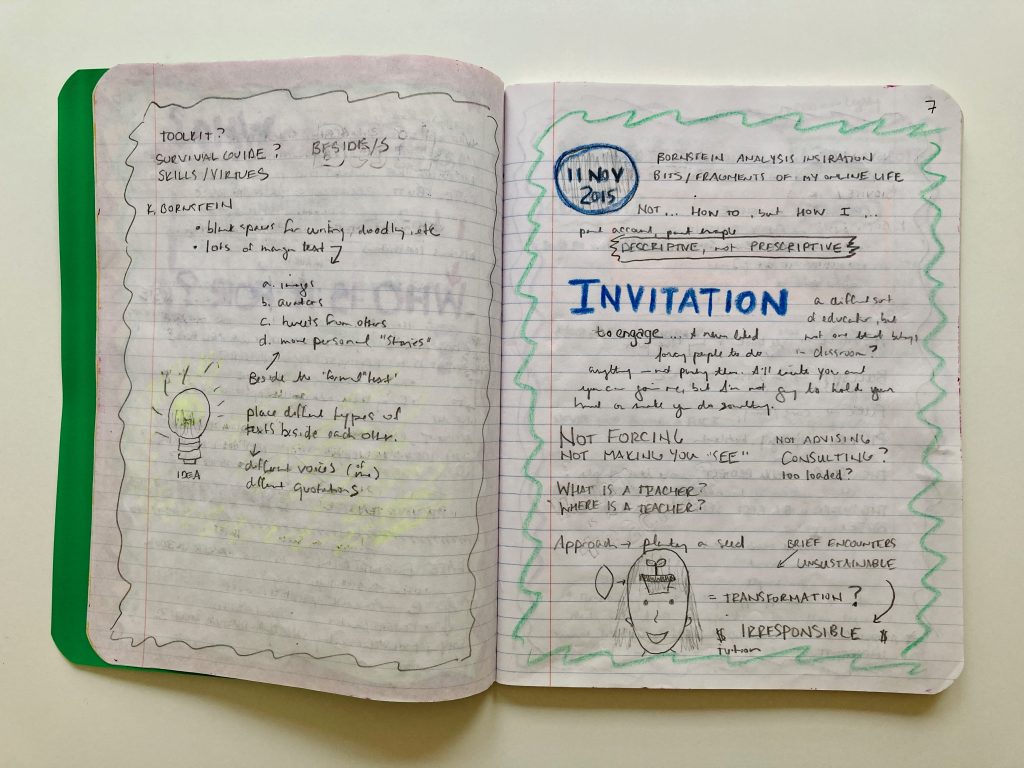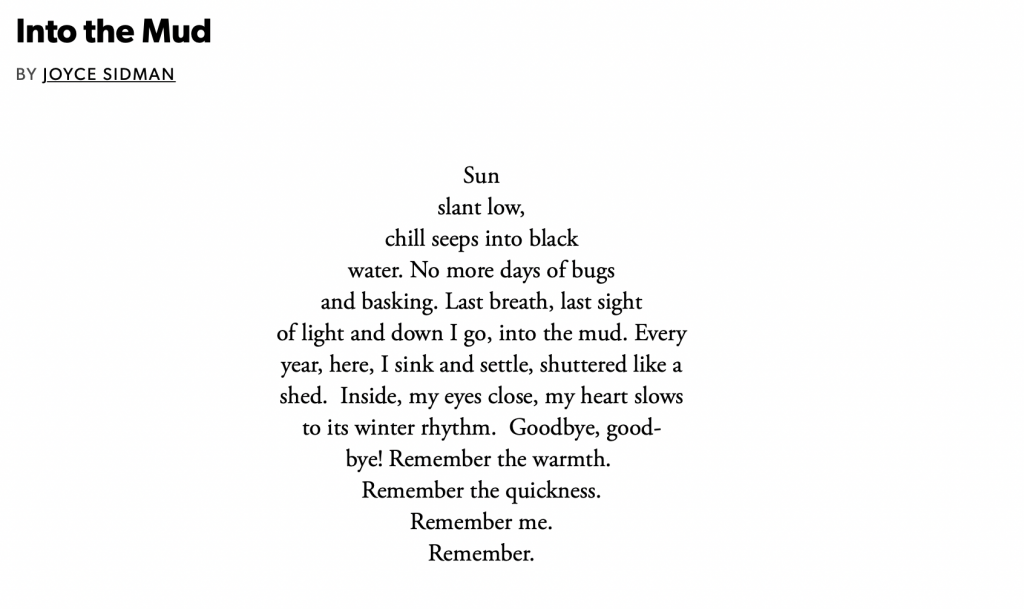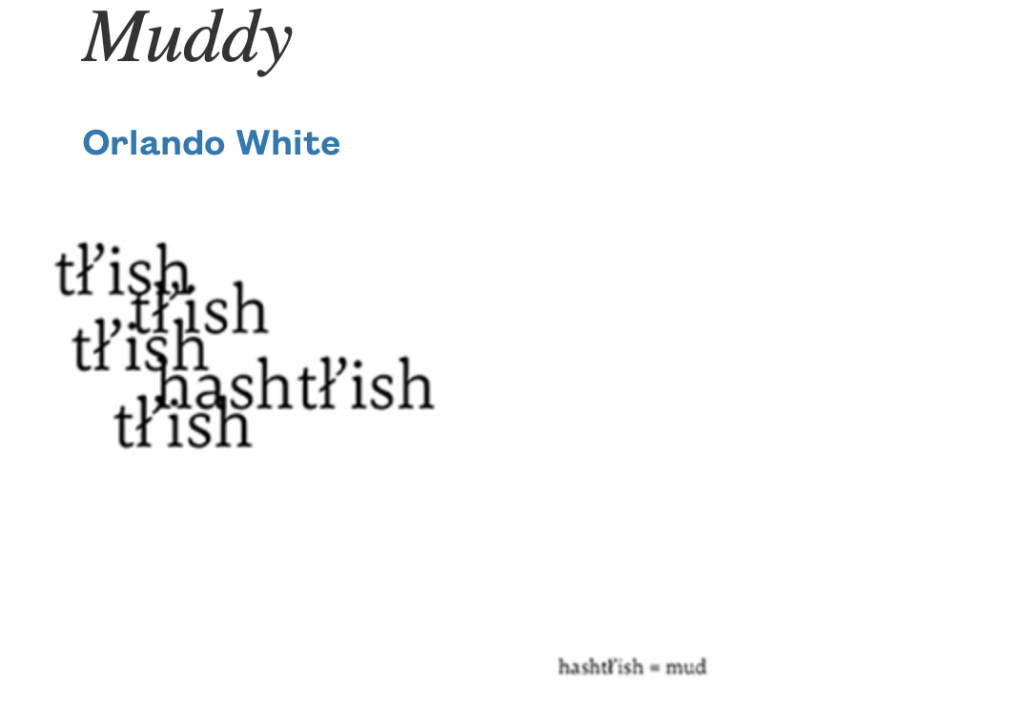3.8 miles
river road, north/south
62 degrees
wind: 16 mph / gusts: 30 mph
62 in bright sun with very little shade feels warm, too warm. Time to start running much earlier in the day. Other weather-related gripes? Had to hold onto my cap several times so it wouldn’t blow off.
Everything is slowly turning green, especially the floodplain forest. The trees are coming into leaf/like something almost being said.
Noticed some cool bird shadows, one on the road from a bird high up in the sky, another on the side of a house.
Heard something beeping as I ran under the trestle — was a train coming soon? Not that I could tell.
Listened to the wind running north, my “It’s Windy” playlist running south. Heard “Blowin’ in the Wind” and “Wind of Change” and thought about how an answer blowing in the wind could mean two contradictory things at once: 1. the answer is coming, change is coming, a better, freer world is coming and 2. the answer is just blowing in the wind, out of reach, as futile/pointless as talking to the wind.
back to the Beaufort Scale
Last week I came up with a great plan to create a Beaufort scale out of poetry lines, but it stalled when I couldn’t figure one out for 1. Today I’ll try again.
But before I do that — I think it stalled also because I got side tracked by metaphor and figurative language. The Beaufort scale mostly uses literal language, describing the effects of wind on various things, like umbrellas or people trying to walk. Occasionally metaphor creeps in with the use of white horses to describe white caps on waves. Is this the only use of metaphor in the scale? No.
Use of metaphor in Beaufort Scale:
0 — “sea like a mirror”
1 — ripples like scales
2 — crests like glass
3 — foam like glass
4 — white horses
If I’m reading correctly, the for use on land section is all literal descriptions of wind’s effects: leaves rustling, trees being uprooted, roof tiles ripping off, inconvenient then difficult to walk. I like how 7 is inconvenient to walk, while 8 is difficult.
Okay, now back to a poem scale. Instead of literal descriptions, I think I’d like figurative ones. It’s more fun!
when the trees bow down their heads, the wind is passing by — “Who Has Seen the Wind?”/ Christina Rossetti
Would this be 5, “small trees in leaf start to sway”? or 6, “large branches in motion”? or 7, “whole trees in motion”?
I am the wind and the wind is invisible, all the leaves tremble and I am invisible — “Love Song for the Square Root of Negative One” / Richard Siken
2? “leaves rustle”? or 8, “”twigs break from trees”?
I am stirred, I’m stir-able, I’m a wind-stirred thing — “And All Visible Signs Swept Away” / Carl Phillips
Okay, think I know this one: “Leaves and small twigs in constant motion” (3).
Autumn wind chases in/From all directions/And a thousand chaste leaves/Give way. — “Nature Aria” / Yi Lei
I think this should be 2, “leaves rustle”
Suddenly feel something invisible and weightless/ Touching our shoulders, sweeping down from the air:/It is the autumn wind pressing against our bodies — “Fall” / Edward Hirsch
7, “inconvenient to walk against the wind”
the dry/sound of applause: leaves chapped/falling, an ending. — “When the Fact of Your Gaze Means Nothing, Then You Are Truly Alongside” / Donika Kelly
3: “leaves in constant motion”
Unglue the fog from the woods from the waist up/ And speak disparagingly of leaves — “Plea to the Wind” / Alice Oswald
This is a tough one for me. Is ungluing the fog violent or gentle? To speak disparagingly of the leaves seems less forceful than yelling at them — I think I’ll go with 4 “wind raises dust and loose paper, small branches move” but I could also go with 9, chimney pots and slates removed
Whip the green cloth off the hills — “Plea to the Wind” / Alice Oswald
10: “Trees uprooted, considerable structural damage occurs”
When winds go round and round in bands,/And thrum upon the door,/And birds take places overhead,/To bear them orchestra, — “Wind” / Emily Dickinson
6 — whistling in telegraph wires, umbrellas used with difficulty
So that the ocean on one side is wild/With foam and glitter. . ./As big soft buffetings come at the car sideways/ And catch the heart off guard and blow it open. — “Postscript” / Seamus Heaney
11: the sea is covered in foam, widespread damage
So, I already found a line last week for 0. With these lines above, I’m only missing 12. Although some of the lines above are used for multiple levels. I’ll fine tune that in a future entry. This was fun!
Here they are in order, so far:
0 —- the white cotton curtains hanging still
1 —
2 — Autumn wind chases in/From all directions/And a thousand chaste leaves/Give way. — “Nature Aria” / Yi Lei
3 — I am stirred, I’m stir-able, I’m a wind-stirred thing — “And All Visible Signs Swept Away” / Carl Phillips AND the dry/sound of applause: leaves chapped/falling, an ending. — “When the Fact of Your Gaze Means Nothing, Then You Are Truly Alongside” / Donika Kelly
4 —
5 — I am the wind and the wind is invisible, all the leaves tremble and I am invisible — “Love Song for the Square Root of Negative One” / Richard Siken
6 — When winds go round and round in bands,/And thrum upon the door,/And birds take places overhead,/To bear them orchestra, — “Wind” / Emily Dickinson
7 — when the trees bow down their heads, the wind is passing by — “Who Has Seen the Wind?”/ Christina Rossetti
8 — Suddenly feel something invisible and weightless/ Touching our shoulders, sweeping down from the air:/It is the autumn wind pressing against our bodies — “Fall” / Edward Hirsch
9 — Unglue the fog from the woods from the waist up/ And speak disparagingly of leaves — “Plea to the Wind” / Alice Oswald
10 — Whip the green cloth off the hills — “Plea to the Wind” / Alice Oswald
11 — So that the ocean on one side is wild/With foam and glitter. . ./As big soft buffetings come at the car sideways/ And catch the heart off guard and blow it open. — “Postscript” / Seamus Heaney
12 —


